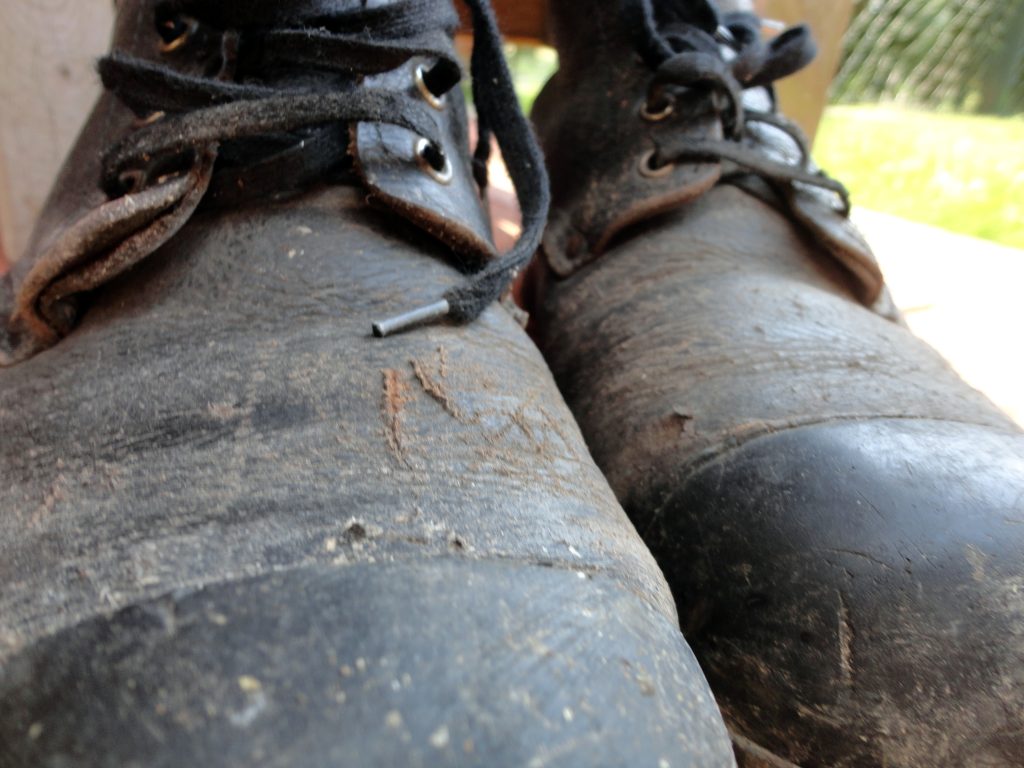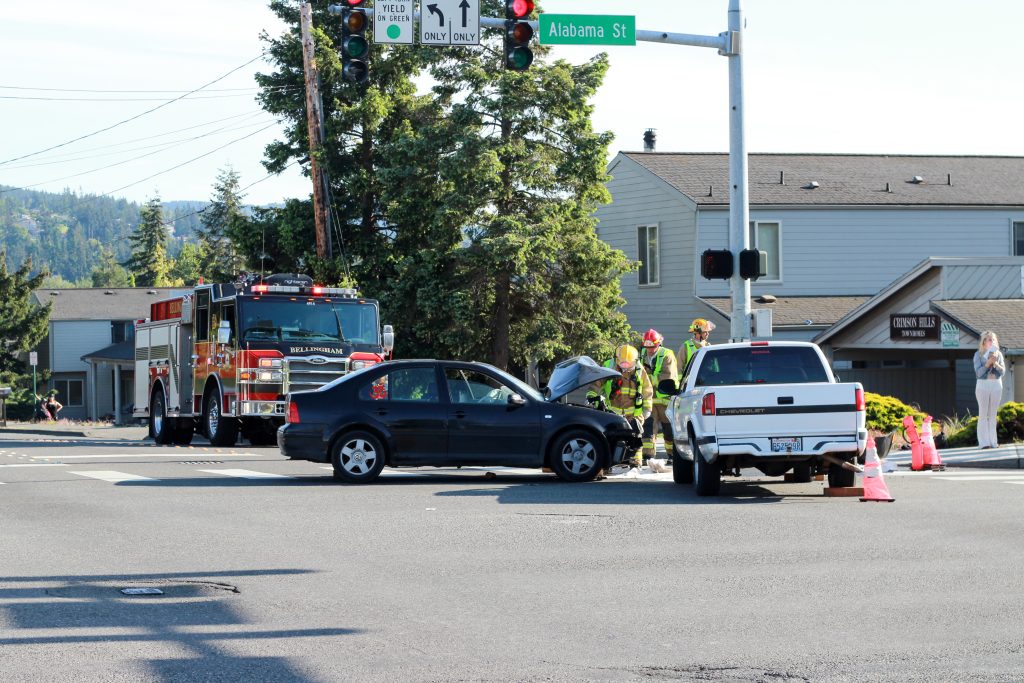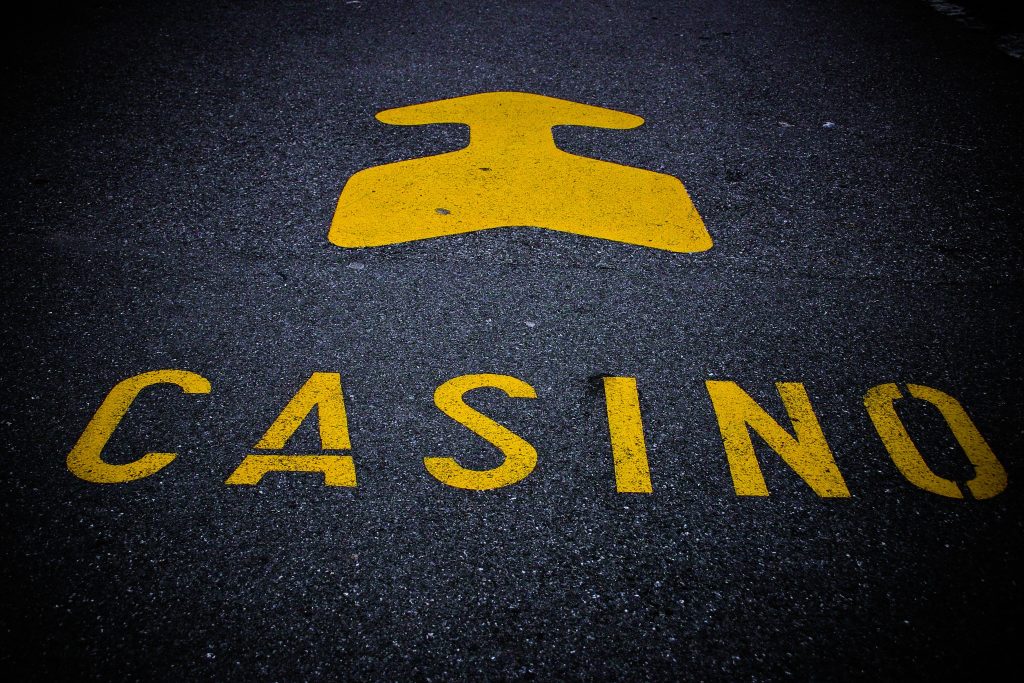 Horse races represent a lot of things: money, power, competition. The outcomes of races matter a lot to those involved, and debates about those races can be pretty contentious, even getting to court. When a back-and-forth about the rightful winner of a horse race makes it to the Second Circuit Court of Appeals, how does the court deal with this unique and specific area of law?
Horse races represent a lot of things: money, power, competition. The outcomes of races matter a lot to those involved, and debates about those races can be pretty contentious, even getting to court. When a back-and-forth about the rightful winner of a horse race makes it to the Second Circuit Court of Appeals, how does the court deal with this unique and specific area of law?
The Second Circuit had to decide which horse, “Coalport” or “Benwill”, won the Unbridled Stakes horse race at Louisiana Downs. Coalport’s owners, the Ramseys, brought a suit against the Louisiana State Racing Commission (the “Commission”) after the Louisiana Downs Stewards questioned and reversed Coalport’s win at Unbridled Stakes. Ultimately, the Board of Stewards found that Coalport had fouled Benwill and prevented Benwill from winning the race. Accordingly, Coalport was demoted to second place, and Benwill took first place. The Ramseys first appealed the Stewards’ finding to the Commission, but the Commission affirmed the decision. The Ramseys then appealed to the 26th Judicial District Court, which reversed the decision and reinstated Coalport as the race winner. In its decision, the trial court held that the Commission should have assessed the Stewards’ decision with greater scrutiny and that there was insufficient evidence to conclude that Coalport fouling Benwill changed the race outcome.
The Commission appealed the trial court’s decision, arguing that the Commission’s evidence showed that it was more likely than not that the foul changed the race outcome, the Commission was not too deferential to the Stewards’ decision, and the trial court did not give the Commission proper deference to determine the credibility of witnesses. The primary issue for the Second Circuit to determine was whether Coalport’s foul actually changed the outcome of the race.
 Louisiana Personal Injury Lawyer Blog
Louisiana Personal Injury Lawyer Blog


 The discovery process of litigation is vital to a well-informed judgment rendered by the court. But discovery can be halted, disrupted, or dismantled by various motions. Finding and gathering all the necessary information in a lawsuit is incredibly important for all sides. Still, it requires showing a need for that information and the presence of facts in dispute. Identifying and presenting disputed facts of a case is necessary to help protect your case from a summary judgment dismissal.
The discovery process of litigation is vital to a well-informed judgment rendered by the court. But discovery can be halted, disrupted, or dismantled by various motions. Finding and gathering all the necessary information in a lawsuit is incredibly important for all sides. Still, it requires showing a need for that information and the presence of facts in dispute. Identifying and presenting disputed facts of a case is necessary to help protect your case from a summary judgment dismissal.  Owning property is not easy, especially when you have to share ownership with multiple individuals. Co-ownership can present challenging issues, especially when one owner wants to make renovations or sell the property. This case examines a dispute among family members involving property in the Parish of St. Bernard in Louisiana.
Owning property is not easy, especially when you have to share ownership with multiple individuals. Co-ownership can present challenging issues, especially when one owner wants to make renovations or sell the property. This case examines a dispute among family members involving property in the Parish of St. Bernard in Louisiana.  In the face of the profound loss that accompanies the passing of a family member, the impact can be particularly agonizing when that loss follows the anticipation of medical intervention, such as a transplant. The immediate inclination might be to explore legal avenues through a medical malpractice claim, yet the determination of whether negligence played a role can be an intricate matter for the average individual. This Louisiana case shows how important it can be to obtain expert testimony to help show malpractice occurred.
In the face of the profound loss that accompanies the passing of a family member, the impact can be particularly agonizing when that loss follows the anticipation of medical intervention, such as a transplant. The immediate inclination might be to explore legal avenues through a medical malpractice claim, yet the determination of whether negligence played a role can be an intricate matter for the average individual. This Louisiana case shows how important it can be to obtain expert testimony to help show malpractice occurred.  Imagine waking up one day and finding yourself out of a job simply because you are pregnant. This was the reality for Eryon Luke, as she claimed that her former employer, CPlace Forest Park SNF, LLC, fired her due to her pregnancy. This case, which attracted significant attention in legal circles, presents a deep dive into pregnancy discrimination lawsuits, exploring the application of state and federal laws and their impact on the employer-employee relationship.
Imagine waking up one day and finding yourself out of a job simply because you are pregnant. This was the reality for Eryon Luke, as she claimed that her former employer, CPlace Forest Park SNF, LLC, fired her due to her pregnancy. This case, which attracted significant attention in legal circles, presents a deep dive into pregnancy discrimination lawsuits, exploring the application of state and federal laws and their impact on the employer-employee relationship. Should an employer continue to pay for work-related injuries even after an employee has “fully recovered”? At issue is a decision that terminated an employee’s entitlement to certain benefits. After the employee suffered a work-related injury and received temporary total disability benefits, her former employer, The Walgreen Company, filed a motion to modify the judgment. This led to litigation and a subsequent appeal.
Should an employer continue to pay for work-related injuries even after an employee has “fully recovered”? At issue is a decision that terminated an employee’s entitlement to certain benefits. After the employee suffered a work-related injury and received temporary total disability benefits, her former employer, The Walgreen Company, filed a motion to modify the judgment. This led to litigation and a subsequent appeal. Ordinarily, when one is involved in an automobile accident, the injured party files a claim with the at-fault driver’s insurance company. When a person is involved in an accident with a co-worker in the course of their employment duties, however, the injured party may collect workers’ compensation instead. Can the injured employee “double-dip” and also collect under a Uninsured/underinsured motorist policy? This was the issue in a recent case out of Delcambre, Louisiana.
Ordinarily, when one is involved in an automobile accident, the injured party files a claim with the at-fault driver’s insurance company. When a person is involved in an accident with a co-worker in the course of their employment duties, however, the injured party may collect workers’ compensation instead. Can the injured employee “double-dip” and also collect under a Uninsured/underinsured motorist policy? This was the issue in a recent case out of Delcambre, Louisiana.  When you enter a store or place of public accommodation as a customer, there is a certain expectation of safety. Many customers expect stores to provide clean bathrooms and a slip-free environment. This, however, was not the case for Valencia Lewis when she was walking through a New Orleans casino.
When you enter a store or place of public accommodation as a customer, there is a certain expectation of safety. Many customers expect stores to provide clean bathrooms and a slip-free environment. This, however, was not the case for Valencia Lewis when she was walking through a New Orleans casino.  The prospect of undergoing medical procedures carries inherent risks; sometimes, unfortunate incidents can lead to injuries. In such cases, individuals can pursue medical malpractice claims to seek compensation for damages. A crucial aspect of these claims is presenting the appropriate evidence and adhering to procedural requirements. A telling illustration of the importance of these procedures is found in a lawsuit involving Elliott R. James and Lakeview Medical Center, LLC. This case underscores the significance of following legal protocols and obtaining substantial evidence to bolster a medical malpractice claim.
The prospect of undergoing medical procedures carries inherent risks; sometimes, unfortunate incidents can lead to injuries. In such cases, individuals can pursue medical malpractice claims to seek compensation for damages. A crucial aspect of these claims is presenting the appropriate evidence and adhering to procedural requirements. A telling illustration of the importance of these procedures is found in a lawsuit involving Elliott R. James and Lakeview Medical Center, LLC. This case underscores the significance of following legal protocols and obtaining substantial evidence to bolster a medical malpractice claim. Before accepting a job, it is essential to review all policies provided to you by your potential employer, as these policies may not always be in your best interest. The following East Baton Rouge case demonstrates what may or may not be considered a “wage” payable at the end of employment.
Before accepting a job, it is essential to review all policies provided to you by your potential employer, as these policies may not always be in your best interest. The following East Baton Rouge case demonstrates what may or may not be considered a “wage” payable at the end of employment.